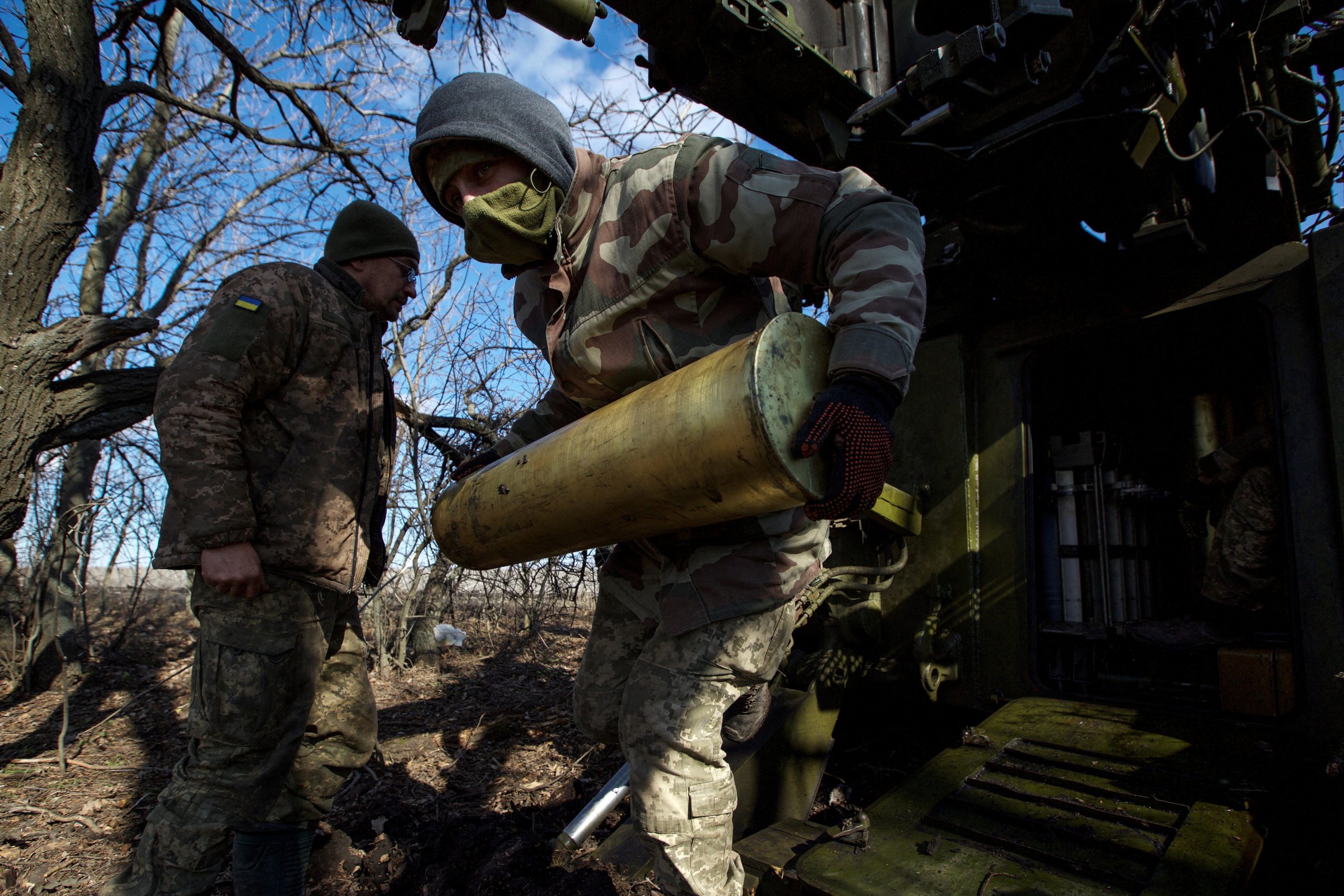
Chris Lange, FISM News
[elfsight_social_share_buttons id=”1″]
A Washington D.C. think tank said yesterday that Russia’s offensive in the decimated city of Bakhmut appears to have stalled.
The Institute for the Study of War (ISW) said in a pair of weekend assessments that less than a week after the Kremlin-backed paramilitary Wagner Group seized control of most of eastern Bakhmut no additional progress had been observed. The battle over the city has become the longest ground battle of the war to date with Ukraine forces fighting valiantly to push back Russian troops.
Wagner Group founder Yevgeny Prigozhin said Sunday on the Telegram messaging app that the situation in Bakhmut was “difficult, very difficult, with the enemy fighting for each meter.” Ukraine’s Armed Forces’ Eastern Group spokesperson Serhii Cherevaty reported Sunday that there had been 23 clashes in the city on Saturday alone.
The bloody back and forth over the salt-mining city in Ukraine’s Donetsk province has seen Ukraine strategically withdraw forces in the eastern portion of the city only to vow the next day to continue fighting. Earlier this month Prigozhin claimed to have pushed Kyiv’s forces back past the center of the city but also accused the Russian military of deliberately withholding promised weapons, highlighting the growing tension between Wagner and the Kremlin.
The ISW report appeared to bolster the claim, assessing that Wagner’s increasingly public feud with Russia’s Ministry of Defense (MoD) had come to a head in Bakhmut.
“The Russian MoD – specifically Russian Defense Minister Sergey Shoigu and Chief of the Russian General Staff General Valery Gerasimov – is likely seizing the opportunity to deliberately expend both elite and convict Wagner forces in Bakhmut in an effort to weaken Prigozhin and derail his ambitions for greater influence in the Kremlin,” the think tank noted in its Sunday war update.
Wagner had been given permission from the Kremlin to recruit in Russia’s prisons and had expanded its forces by 40,000 convicts in 2022. At some point in the beginning of 2023, however, it appears to have lost access to this “manpower pool.”
Prigozhin accused the MoD of using his mercenary forces to “bear the brunt of the high-intensity attritional urban warfare to seize Bakhmut in order to conserve Russian conventional forces,” and threatened to pull his units out of the city.
Prigozhin has made no secret of his ambitious quest for legitimacy and power in the Kremlin and has emerged from the shadowy group of mercenaries and assassins he oversaw to become one of Russian President Putin’s top military consultants in the war. Though Wagner failed thrice to assassinate Ukrainian President Volodymyr Zelenskyy at the beginning of Russia’s invasion, the contracted military group was credited with the capture of Soledar near Bakhmut in January, which was a major victory for the Kremlin.
MOLDOVA FOILS RUSSIAN PLOT TO CAUSE ‘MASS DISORDER’
Moldova’s police force foiled a plot by a pro-Russian group to cause mass unrest at a protest against the former Soviet republic’s new pro-Western government, The Associated Press reported. Seven people were detained in connection with the plot, which allegedly included four bomb threats, including one at the capital’s international airport.
Viorel Cernauteanu, head of Moldova’s police force, told a news conference on Sunday that an undercover agent discovered that the Russian-backed group was allegedly paid $10,000 to cause “mass disorder” at the protest in Moldova’s capital city of Chisinau.
Moldovan police separately announced the arrests of 54 protesters found to be carrying prohibited items or engaging in what they deemed to be “questionable behavior.”
The protest Sunday was the latest of several recent demonstrations organized by Moldova’s pro-Russian Shor Party, which has called on President Maia Sandu to step down. Moldova’s law enforcement authorities said the demonstrations are “an ongoing part of the destabilization measures” being used by the party, which holds six seats in Moldova’s 101-seat legislature.
Sandu last month accused Moscow of plotting to overthrow her government in an attempt to prevent it from joining the European Union. The Kremlin denied the accusations as “absolutely unfounded and unsubstantiated.”
